News

California's FAIR Plan files for largest rate hike in seven years of 35.8%
Proposal comes amid growing scrutiny over "unscrupulous" claims handling
The California FAIR Plan has submitted a proposal to increase home insurance rates by an average of 35.8% beginning next spring.
If approved, this would be the largest rate hike for the program in at least seven years.
The proposed changes would affect policyholders differently. About half of customers would see increases between 40% and 55%. Some could see rates decrease by as much as 78%, while four policyholders could face increases exceeding 300%. The new rates would take effect at the next renewal date, after April 1.
A FAIR Plan spokesperson said wildfire risk was the primary factor determining rate changes. Homeowners in low-risk regions, such as the Central Valley, may see lower rates, while those in high-risk areas like Sonoma County and the Sierra Nevada foothills could experience significant increases.
AI in Insurance

Detecting Auto Insurance Fraud in the Age of Generative AI
Generative AI is enabling hyper-realistic fraudulent claims, forcing auto insurers to strengthen fraud detection systems.
For decades, insurance fraud has plagued the industry, from exaggerated injury claims to staged collisions. Today, a new wave of deception is emerging. With the rise of generative AI, it is possible to create hyper-realistic images of vehicle damage, fabricate accident scenes, and even produce fraudulent documents in seconds. What once required elaborate planning and considerable risk can now be done with nothing more than a smartphone.
Julio Pernía Aznar is the CEO of Bdeo, a technology company that provides proprietary 'visual intelligence' technology to insurance and fleet companies across Europe, Latin America, and Africa.
Announcements
White Mountains Insurance to sell Bamboo to buyout firm CVC in $1.75 billion deal | Reuters
White Mountains Insurance (WTM.N), opens new tab said on Friday it would sell a controlling interest in insurance distribution platform Bamboo to European private equity firm CVC (CVC.AS), opens new tab in a deal that values the company at $1.75 billion.
The Hamilton, Bermuda-based company will retain a 15% fully diluted equity stake in Bamboo after the deal closes, which is expected to be by the end of the year.
InsurTech/M&A/Finance💰/Collaboration
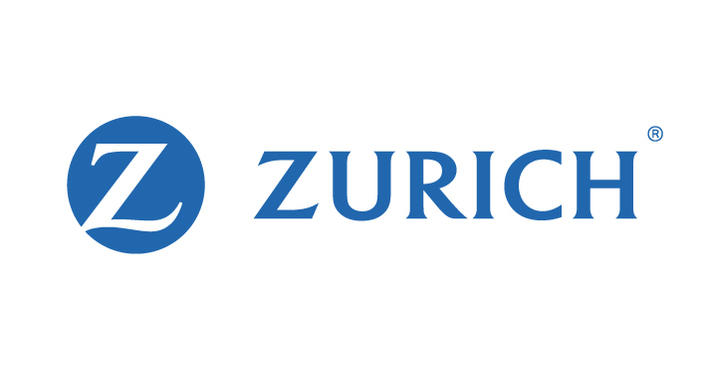
Nearmap, Zurich advance property underwriting with AI integration
Leading commercial insurance provider Zurich North America and Nearmap, a leading global provider of property and location intelligence for insurers, have announced a strategic integration that brings Nearmap AI-enhanced data and property insights directly into Zurich's U.S. Middle Market underwriting platform.
Delivered via the Betterview platform by Nearmap, the technology integration makes it possible for Zurich Middle Market underwriters to quickly access regularly updated property details such as high-resolution aerial imagery, roof condition scores, signs of deferred maintenance and other risk indicators that even on-site physical inspections could not deliver. Having these insights at their fingertips can enable underwriters to assess risk more efficiently and precisely. It also can help them determine whether physical inspections are necessary. Reducing manual processes and centralizing data can support Zurich underwriters in delivering timely quotes for property insurance coverage tailored to the unique risk.
"This is part of our dedication to being inventive to make underwriters smarter and faster in their analysis and broker consultations," said Alex Wells, Head of U.S. Middle Market at Zurich North America, which is part of Zurich Insurance Group. "Integrating these insights directly into our underwriting enablement platform reduces friction, supports simplification and ultimately helps us deliver more value to our customers."
Commentary/Opinion

Sticker shock ahead: How retailers can help clients navigate unbundled business auto coverage
Amwins experts break down how to get better terms in a hard market This article was produced in partnership with Amwins.
For years, business auto coverage was quietly bundled into large commercial insurance packages where general liability, property, and workers’ compensation took center stage.
But as loss ratios have worsened, insurers are rethinking this model, unbundling auto insurance from packages and pushing it into the specialty market.
The shift is reshaping how transportation underwriters view business auto risk and raising the stakes for insureds seeking competitive monoline quotes.
“Auto has become a high-frequency, loss-leading line,” said Joe Krieg (pictured on the left), assistant vice president at Amwins Brokerage in Chicago, IL. “Standard carriers never really set out to be auto insurers. They wrote it because they were already writing the rest of the program. But when they started peeling back the numbers, they realized auto was dragging down their books.”
That realization has led to widespread non-renewals of just the auto portion of packaged policies. Retail carriers are forcing insureds, particularly those with mixed fleets or specialty exposures, into the wholesale channel.
Recommended Events

Insurtech on the Silicon Prairie | Omaha | Nov 3-4
Record-setting attendance in 2024 with attendees from 44 states, several countries, and 55 sponsors and exhibitors.
Speakers from McKinsey, Microsoft, Lloyd’s, Zurich, GEICO, Lemonade, Mutual of Omaha, Prudential, Dai-ichi Life, NAIC, John Hancock, Snapsheet, Unqork, BCBSNE, American Family, Assurity, Scott Data and more!
Click here for our 2025 speakers and here for the 2025 agenda. Join us!
Awards

Viewer's Choice Awards | International Insurance Society
For the first time, the Global Innovation Awards includes a Viewer’s Choice Award, giving you the opportunity to help designate this year’s class of innovators.
The finalists have shared video testimonials showcasing their groundbreaking ideas. Now it’s your turn: watch the videos, evaluate the submissions for impact, scalability, and creativity, and cast your vote for the winner. The winning organization will be honored on stage at the Global Insurance Forum, October 26–27, in Rüschlikon, Switzerland.
Voting ends Oct. 21 at 11:59 p.m. EDT.
Canada
Will online auto insurance sales replace brokers A look at the risks
Ontario auto dealers are welcoming a two-year, test-and-learn regulatory initiative that will enable them to sell embedded car insurance at the point of sale, so long as the sales are conducted by a licensed insurance professional.
But while online auto dealers see this as a way to simplify, automate and ‘demystify’ the broker’s role in online car insurance, the province’s brokers warn this is happening at a time when the province is poised to introduce more ‘optionality’ – and hence, more complexity — into the sale of auto insurance next year.
“It’s just complex, and we have to figure out how to make [the car purchase process] easier for consumers,” Insurance Brokers Association of Ontario president and CEO Colin Simpson said at a National Insurance Conference of Canada panel discussion in Gatineau, Que., last Thursday.
“I think the real issue is that, because it’s a complex product, there are a lot of consumer protections we have to be mindful of, and that is why we have a licensed professional selling the product. And we need to make sure consumers are getting the right advice at the right time to make the right decisions….
“As we’ll see in July next year, it’s going to get even more complicated with more choices, with more advice required from licensed professionals to advise on the product. So it’s not going to get any easier.”
THE GREAT AI DEBATE: REAL OR BUBBLE?
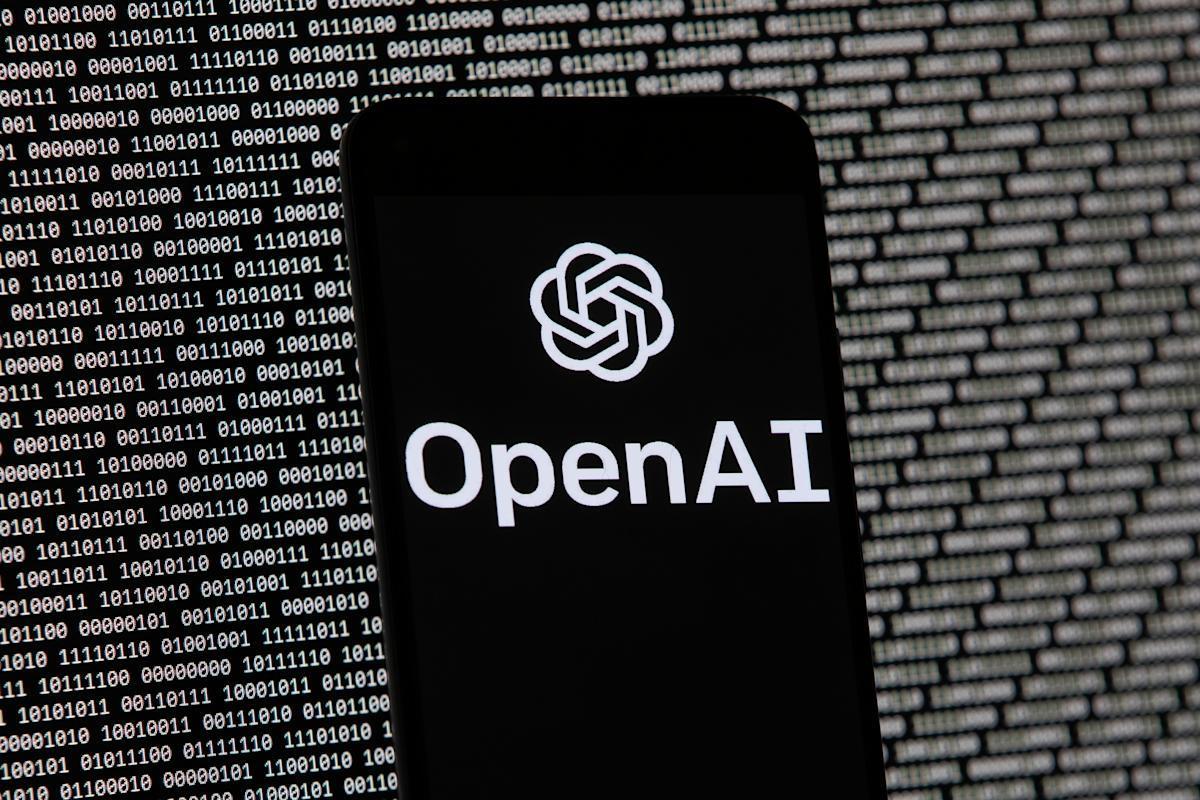
OpenAI now worth $500 billion, possibly making it the world's most valuable startup
OpenAI could now be the world's most valuable startup, ahead of Elon Musk's SpaceX and TikTok's parent company ByteDance, after a secondary stock sale designed to retain employees at the ChatGPT maker.
Current and former OpenAI employees sold $6.6 billion in shares to a group of investors, pushing the privately held artificial intelligence company's valuation to $500 billion, according to a source with knowledge of the deal who was not authorized to discuss it publicly.
The investors buying the shares included Thrive Capital, Dragoneer Investment Group and T. Rowe Price, along with Japanese tech giant SoftBank and the United Arab Emirates' MGX, the source said Thursday.
The valuation reflects high expectations for the future of AI technology and continues OpenAI’s remarkable trajectory from its start as a nonprofit research lab in 2015.
But with the San Francisco-based company not yet turning a profit, it could also amplify concerns about an AI bubble if the generative AI products made by OpenAI and its competitors don't meet the expectations of investors pouring billions of dollars into research and development.
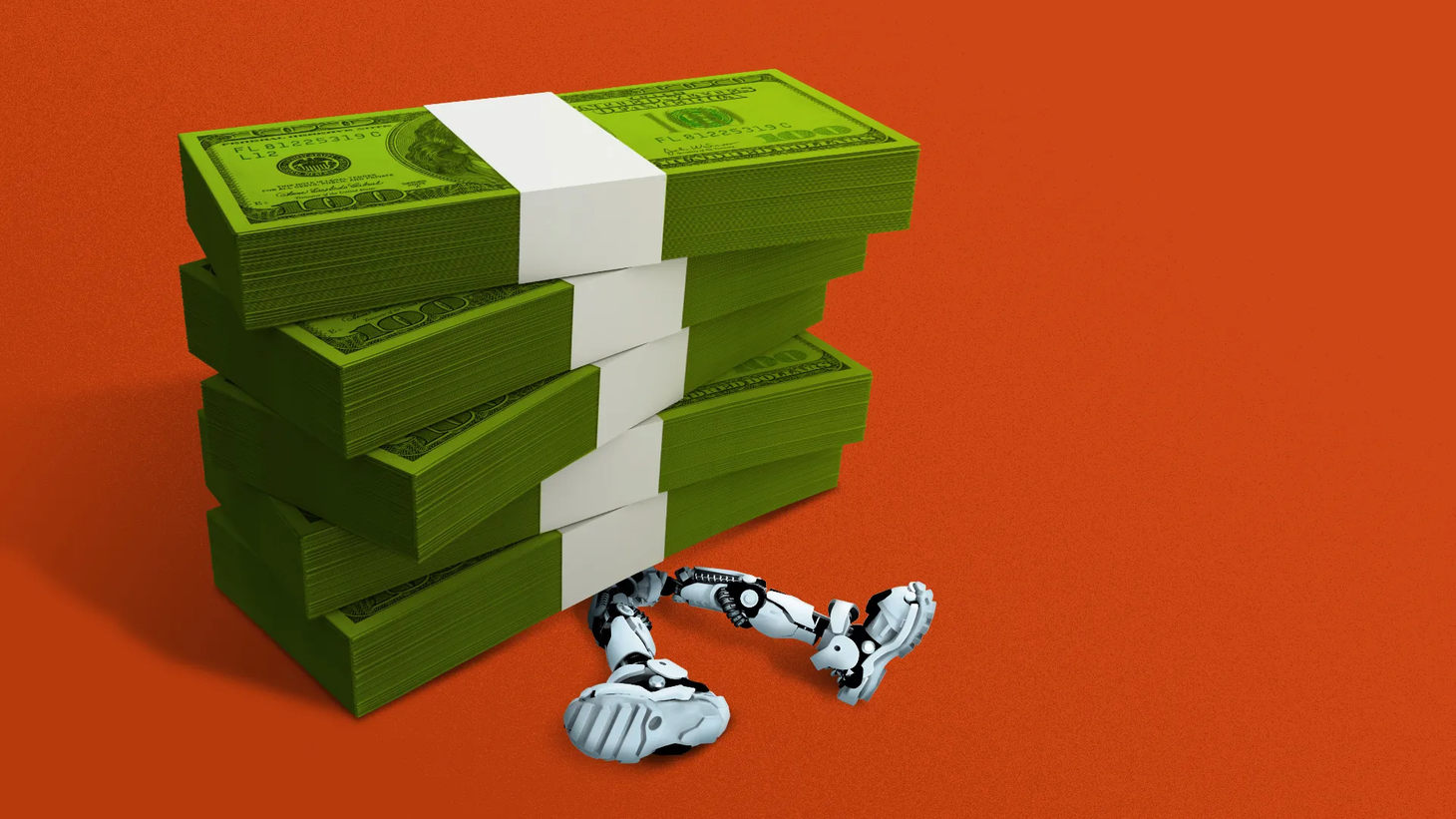
Meta, Microsoft: AI bubble warning sign starts to appear
[Ed. Note: While we are basically "AI believers" we found this cautionary warning convincing and took special note of the old Keynesian adage of "the market can stay irrational longer than you can stay solvent."]
Debt is the canary in the coal mine for market bubbles. Housing debt fueled the global financial crisis. Corporate debt led to dotcom bust. Now, the tech companies driving today's bull market are quietly levering up, sometimes through private lenders that make their debt less visible to shareholders.
Why it matters: That debt — and how it is getting structured — is "almost an acknowledgement that this is getting out of hand," Dario Perkins, managing director of global macro at TS Lombard, tells Axios.
What they're saying: Regarding returns on AI expenditures, the Big Tech firms "say they don't care whether the investment has any return, because they're in a race…Surely that in itself is a red flag," Perkins says.
He sees two major issues: increased leverage to fund costly AI infrastructure and few opportunities to make money once that infrastructure is built and paid for with debt.
Zoom out: Big Tech is turning to private debt markets and special purpose vehicles. The catch? That kind of borrowing doesn't have to be reflected on balance sheets.
"SPVs mean companies like Meta do not need to show the debt as their debt," Perkins writes in a note. He likens today's financing tactics to the subprime era when firms shifted risk off the books to reassure investors.
Meta seeks $29 billion via private capital for its AI data center buildout.
Other tech giants are tapping the public market for debt. Oracle recently issued $18 billion in debt to fund its AI and infrastructure expansion.
Yes, but: Plenty of strategists have reminded Axios of the old Keynesian adage of "the market can stay irrational longer than you can stay solvent."
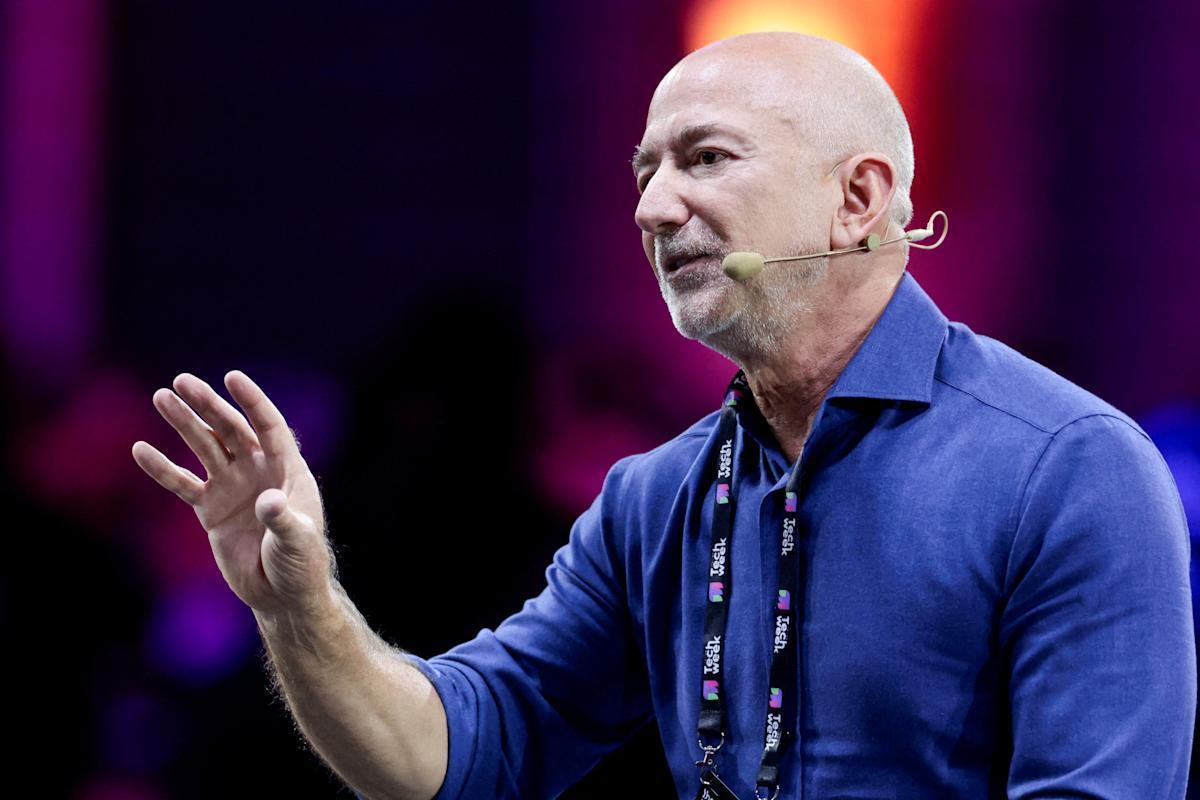
Amazon founder Jeff Bezos says AI bubble is real, but so is the technology
[Ed. Note: And here is a more balanced view of the "is AI really that valuable" debate with a more optimistic long term POV.]
Add Amazon (AMZN) founder Jeff Bezos to the growing list of people calling Wall Street's AI craze a bubble. During a conversation at Italian Tech Week, Bezos said the artificial intelligence hype cycle is pushing investors to spend billions on both good and bad ideas.
Despite that, Bezos said he believes AI is a very real product that will impact companies across industries and society more broadly.
"When people get very excited, as they are today, about artificial intelligence, for example ... every experiment gets funded, every company gets funded," Bezos said. "The good ideas and the bad ideas. And investors have a hard time in the middle of this excitement, distinguishing between the good ideas and bad ideas."
"So that's also probably happening today. But it doesn't mean that anything that is happening isn't real."
Bezos' Amazon is one of the largest investors in artificial intelligence technologies. The company is constructing data centers to meet customer demand for AI services and builds its own chips to train and deploy AI applications.
AI companies have benefited handsomely from the AI boom. Chip leader Nvidia (NVDA), for instance, saw its stock price jump a staggering 1,350% over the past five years, sending its market valuation to $4.6 trillion.
On Thursday, OpenAI (OPAI.PVT) became the most valuable privately held company at $500 billion after current and former employees offloaded some $6.6 billion worth of shares to outside investors, according to Reuters.
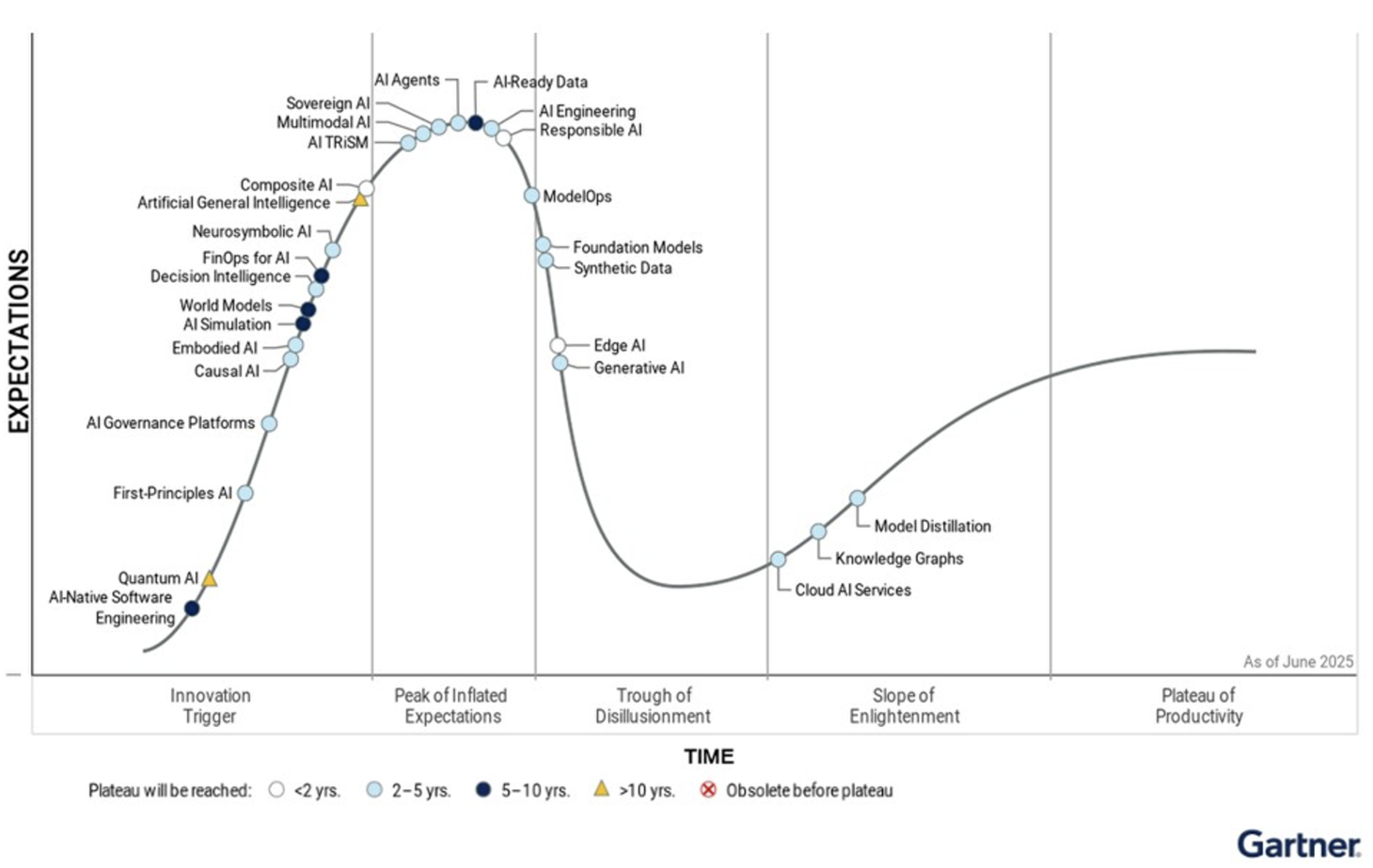
AI Could Break the Gartner Hype Cycle | Insurance Innovation Reporter
[Ed. Note: This article represents our POV on the subject]
Stephen Applebaum and Alan Demers
AI is moving so quickly that it may upend the traditional hype cycle, with carriers under pressure to balance innovation, regulation, and customer trust.
In today’s technological boom, it is increasingly difficult to separate hype from reality. With so many breakthroughs in medicine, space exploration and even autonomous driving it is not advisable to bet against even the boldest of efforts. So, perhaps humans will indeed live on Mars one day. In recent times the naysaying against hype is generally about the when it will happen lesser about the if it will happen.
The property/casualty insurance space has seen its share of hyped concepts like blockchain and virtual reality but none as much as the recent exuberance for AI. And for good reason. Insurance practices revolve around information gathering and validation—whether in underwriting, claims, or risk management. Actuarial mathematic sciences are applied for trending and pricing. And a host of other internal functions and external processes are just a few ways to describe insurance at-a-glance. All of which may benefit from AI tools and agents near-term and into the future. Insurance talent shortages, high costs of insurance for consumers and businesses, changing risks, demand for loss prediction and prevention are just some of the bigger challenges in which AI may come to the rescue.
The Gartner Hype Cycle
Most of us are familiar with The Gartner Hype Cycle, a visual model that illustrates the maturity, adoption, and social application of a new technology, charting its progression through five key phases. It provides a framework to guide technology investments by showing when a technology’s actual value becomes clearer, helping organizations reduce risks and make informed decisions about when to adopt emerging technologies. As valuable as it has been, the arrival of AI technologies may challenge its relevancy.
References to AI and related application are impossible to avoid which could lead many of us to conclude that we have moved from The Peak of Inflated Expectations and are approaching the dreaded Trough of Disillusionment in the Gartner Hype Cycle (see graphic.
Indeed, Edge AI and Generative AI have only entered this phase in Gartner’s 2025 report.

